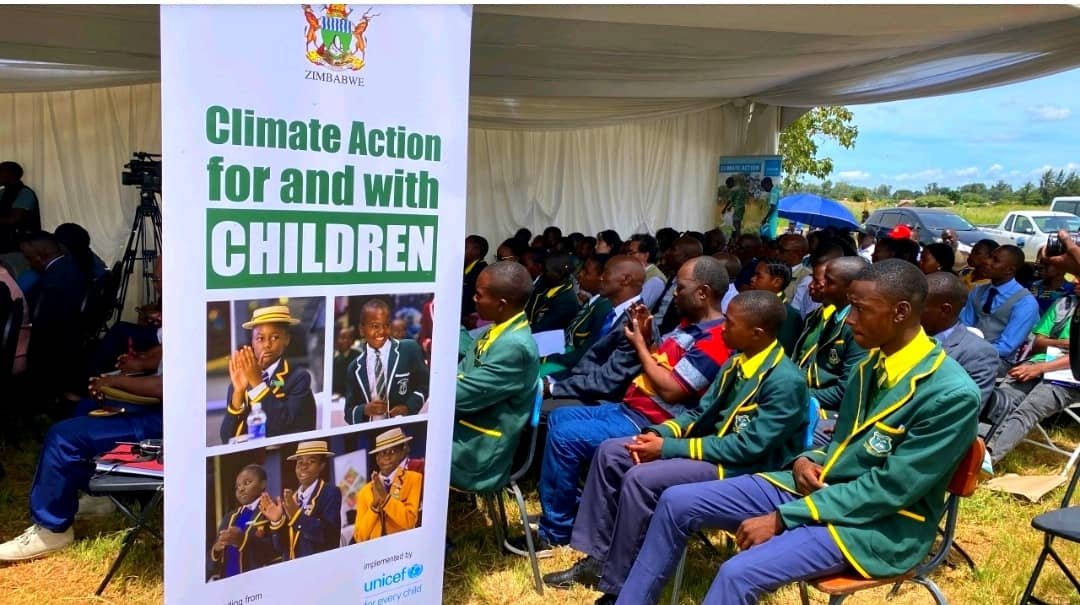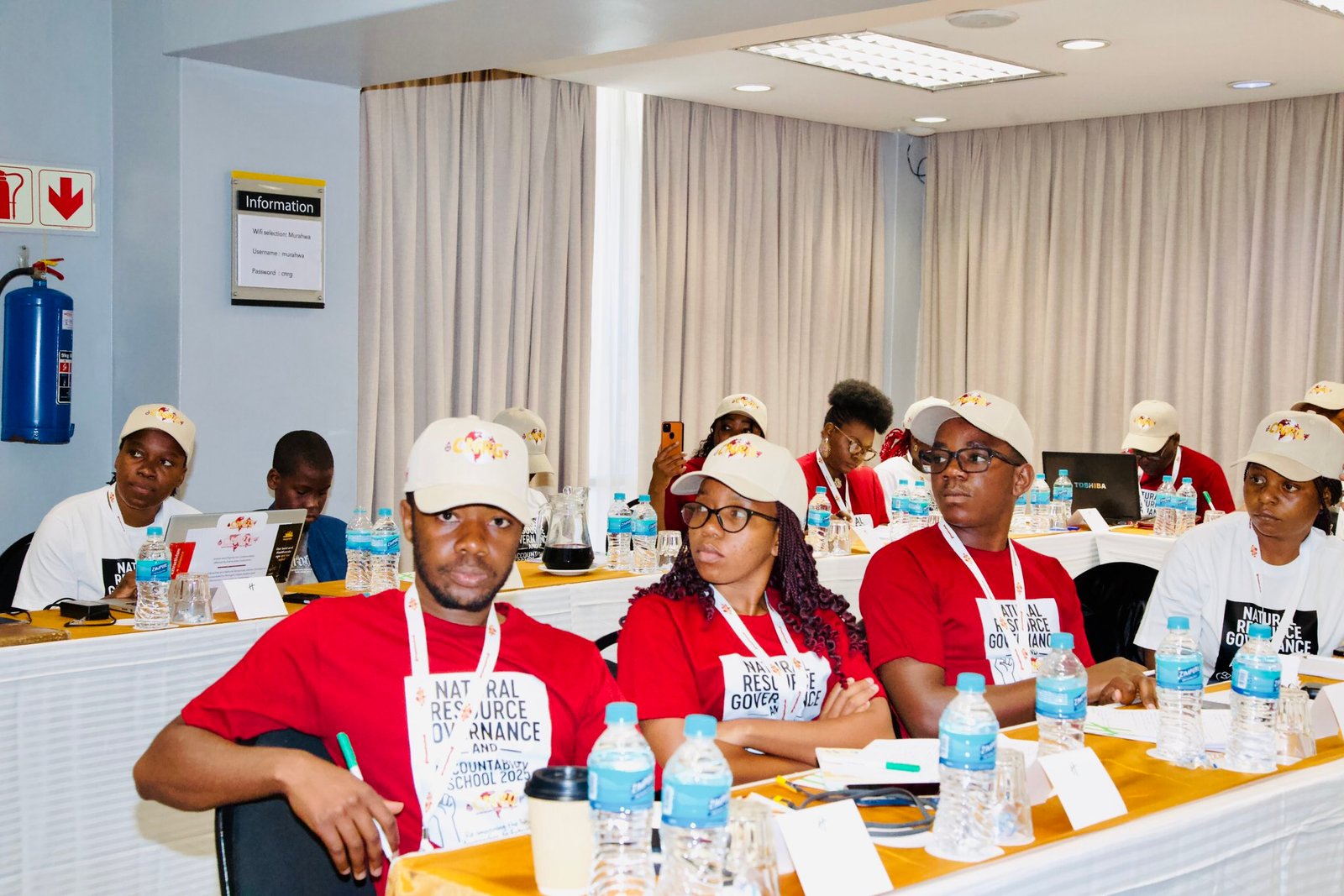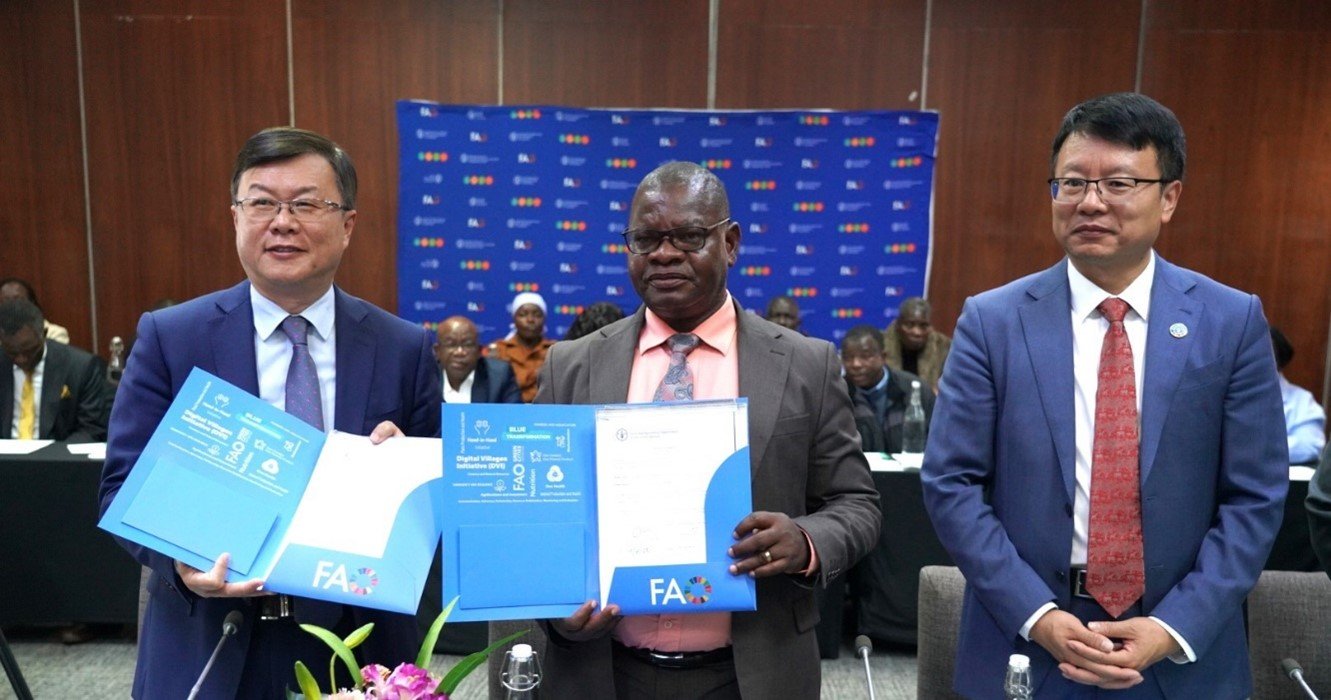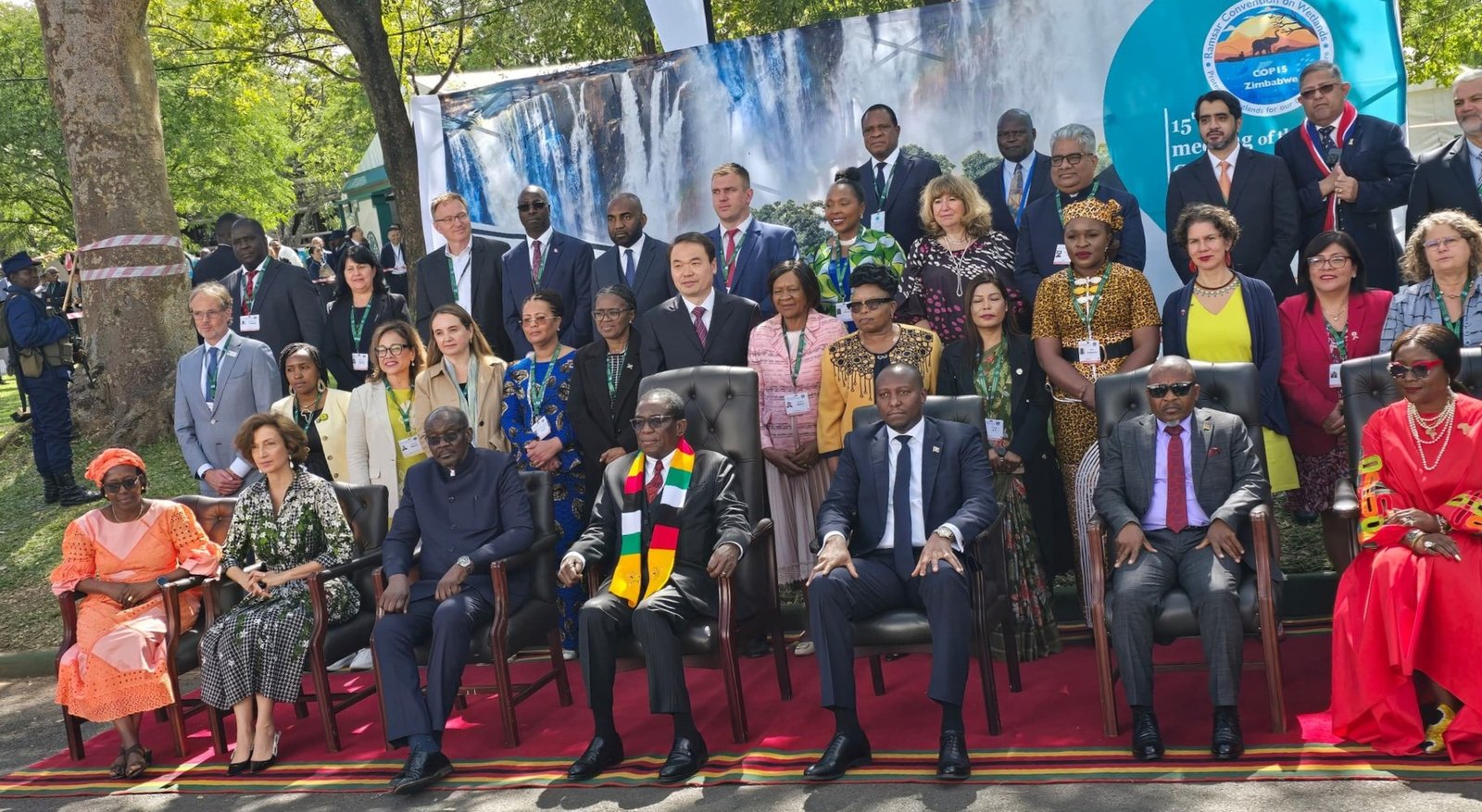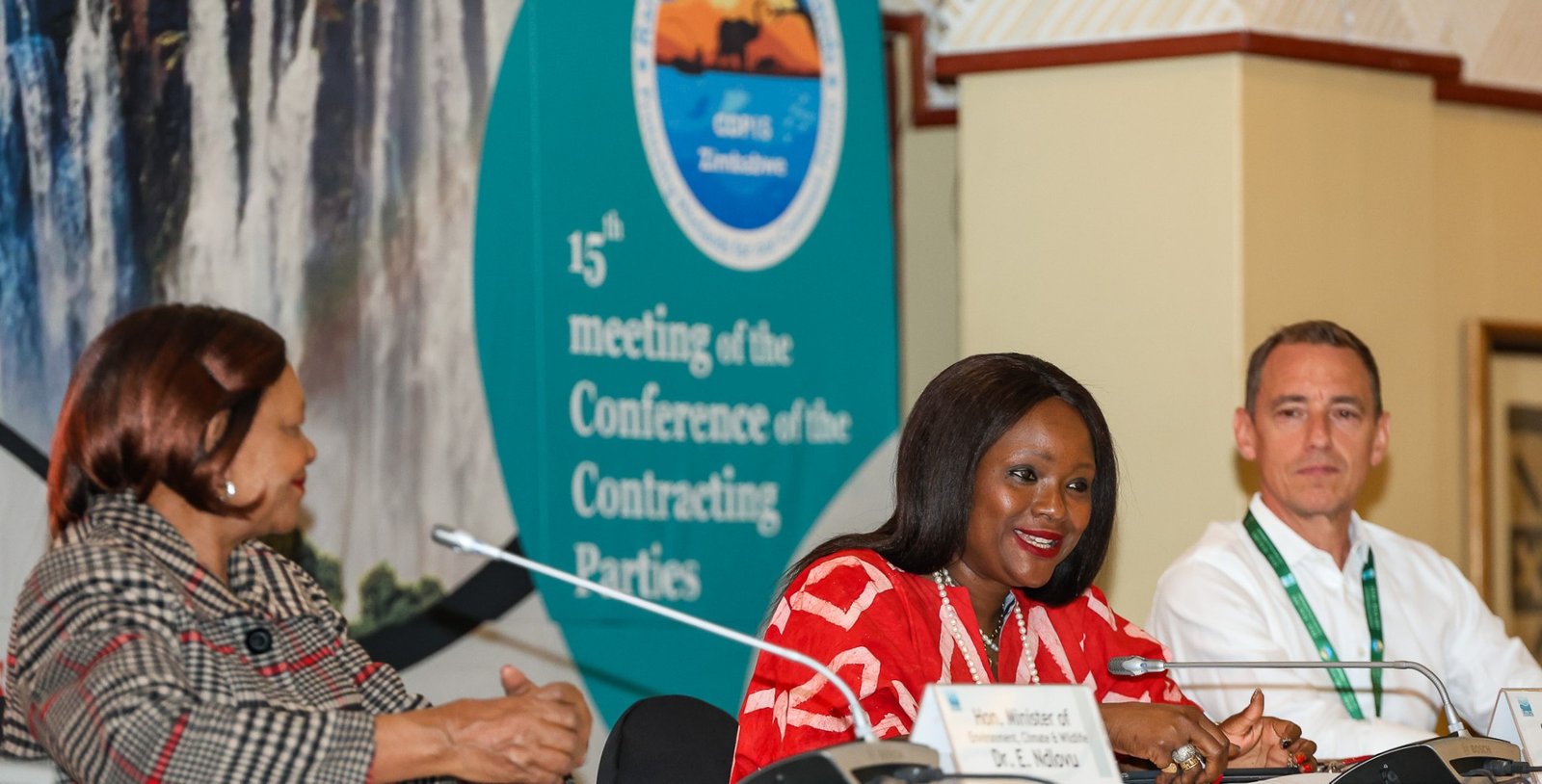Climate change poses an imminent challenge in our era, impacting the well-being of generations. Children, in particular, are at risk due to climate-related disasters, health issues, and food insecurity.
To help fight climate change affecting vulnerable children and communities hit hardest by environmental disasters, the Korean government has pledged $5 million to support Zimbabwe in its efforts.
The project targets areas including Harare, Chipinge, Mangwe, and Beitbridge. It aims to reach 30,000 direct beneficiaries and one million indirect beneficiaries, with 40% of the direct beneficiaries, or 12,000 individuals, being children.
At the launch of the project “Climate Action for the Last Mile: Reaching the Most Vulnerable Children in Zimbabwe,” the Ambassador of Korea to Zimbabwe, Park Jae Kyung, said that the funding will support education, health, and food security initiatives. He emphasized that the project’s impact will go beyond just providing material assistance.
“The Climate Action for the Last Mile project will strengthen education, health, nutrition, child protection, and social protection systems, as well as Water, Sanitation, and Hygiene (WASH). The Korean government is providing five million United States Dollars (USD) for the people of Zimbabwe through UNICEF for two years (2025-27). The project targets 30,000 direct beneficiaries, and among those, 40% or 12,000 will be children.
“The Climate Action for the Last Mile project will take good care of children. The benefits will include material support for education, health, and food. The project aims to enhance children’s engagement by empowering them for active participation in climate governance,” he said.
The project aims to give children a chance to share their concerns and have a say in climate policy decisions. This will help protect their future from the harmful effects of climate change.
“This initiative will empower Zimbabwe’s young generation, raising their awareness of climate change and encouraging active participation in climate governance.”
“We believe that by investing in the future of Zimbabwe’s children, we are helping to build a more sustainable future for the country,” Ambassador Park said.
Korea has had a long-standing relationship with Zimbabwe, working together on projects like drought-resistant farming and environmentally friendly livestock practices.
“Korea also understands the need to enhance the adaptation capacity and resilience of Zimbabwe in dealing with climate change. This is why the Korean Embassy is also working on projects in the agriculture sector of Zimbabwe to promote climate-resilient farming and livestock. Ongoing projects include drought-tolerant maize production and environmentally friendly feeding of chickens using black soldier flies’ larvae and creation of green jobs for youths in rural areas,” he said.
Ambassador Kyung stressed that international cooperation is essential in the fight against the global climate crisis.
“As a good friend of Zimbabwe, Korea provides food assistance not only as emergency aid during natural disasters but also works to enhance resilience through long-term climate adaptation programs,” said Ambassador Park.
Zimbabwe is grappling with escalating climate-related challenges that jeopardize children’s access to vital services such as clean water, healthcare, nutrition, education, and protection. Climate change disproportionately impacts the most vulnerable children, worsening existing inequalities and heightening risks like food insecurity, waterborne diseases, and restricted educational opportunities.
In response, the Government of Zimbabwe and UNICEF, supported by the Korea International Cooperation Agency (KOICA), launched the Climate Action for the Last Mile project, a two-year initiative running from November 2024 to April 2027. This project aims to bolster climate resilience for children and communities by improving access to climate-smart social services and infrastructure, while also enhancing policy frameworks for climate action. Its two primary objectives include increasing climate resilience through gender-responsive, inclusive low-carbon development pathways, and strengthening climate policies, finance, and institutional capacity to ensure that children benefit from enhanced legal frameworks, improved climate finance, access to climate justice, and effective regulations addressing climate-related risks.

